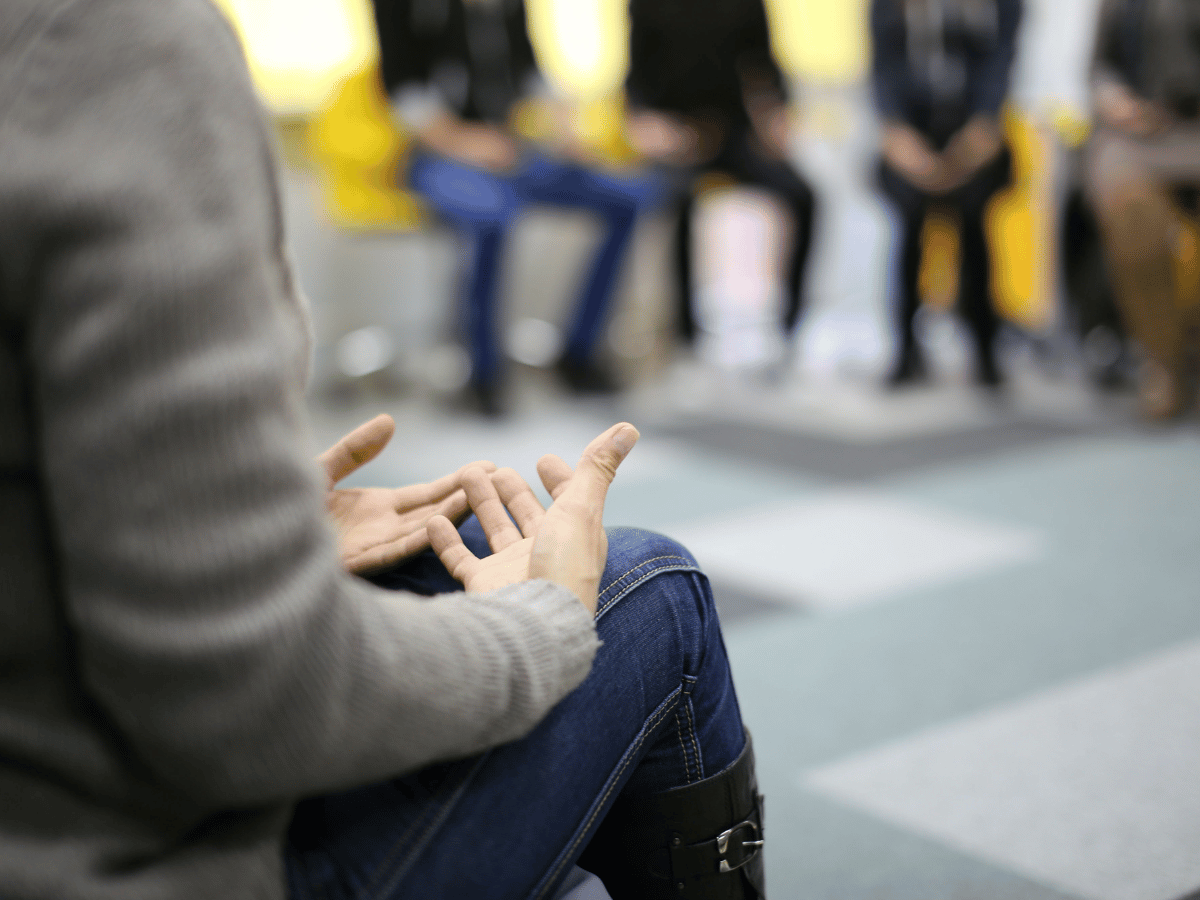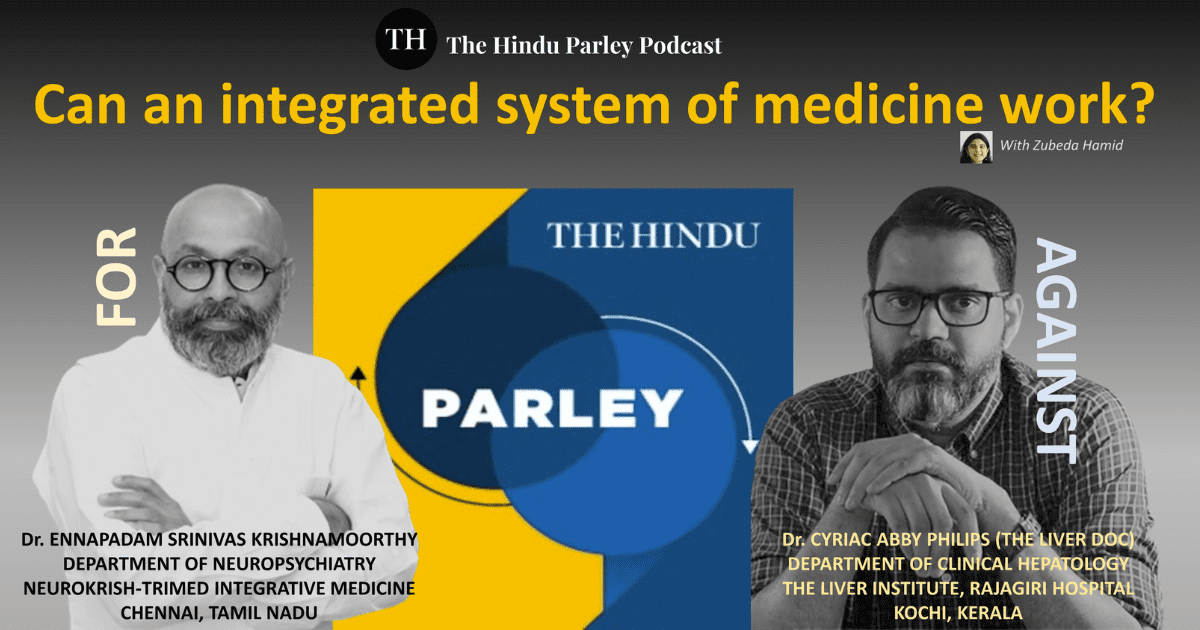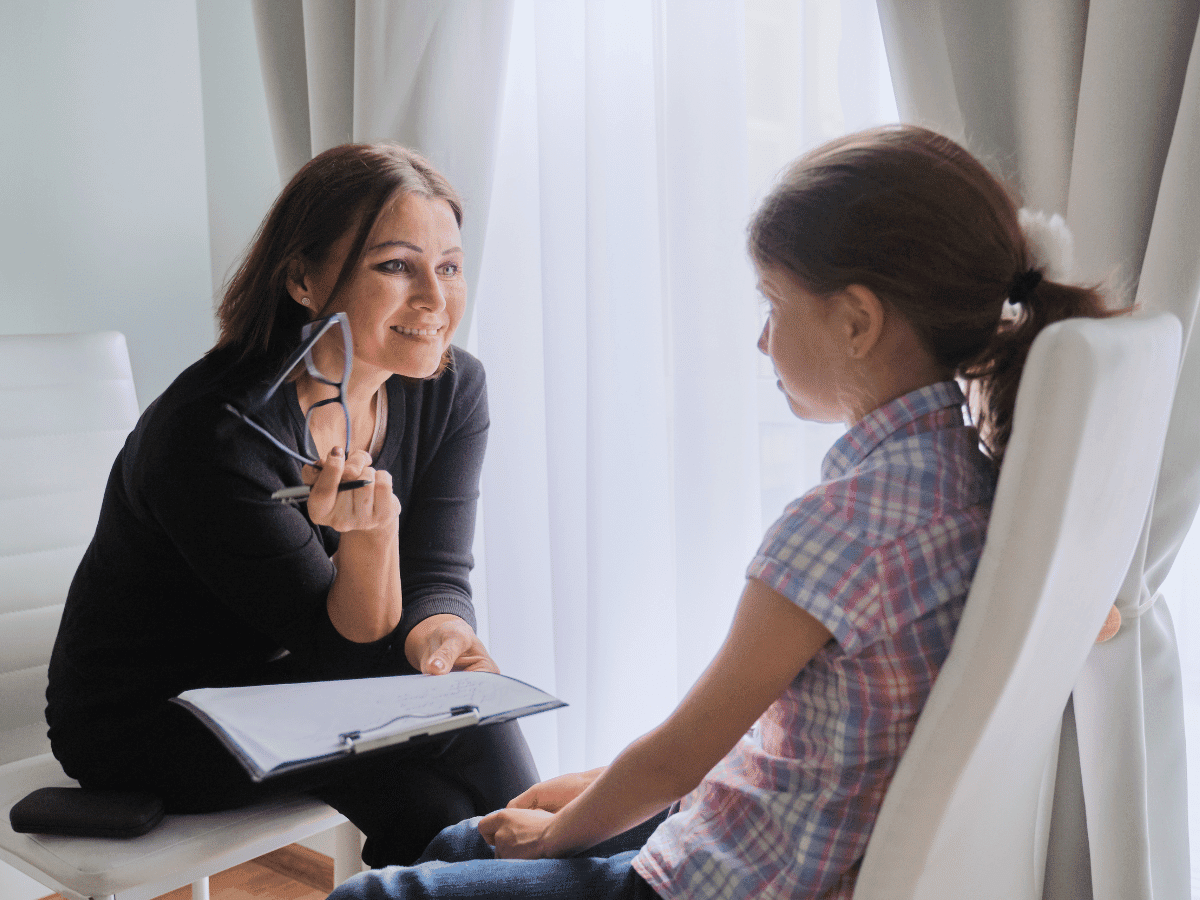The overarching health responses to the COVID-19 pandemic affected the daily lives of most people around the world, including the lives of children. The UNICEF has noted that children affected by various byproducts of the pandemic could feel the effects for many years to come. More than 13% of children and teens aged 10–19 are estimated to be battling with a diagnosed mental disorder globally. Close to 50,000 youths die by suicide – which ranks amongst the top five causes for deaths within this age group.
The COVID-19 pandemic gave rise to a number of complex problems that have had mental health ramifications for children and young adults. Feelings of fear, grief, uncertainty, social isolation, increased screen time, and parental fatigue have negatively affected the mental health of children. Friendships and family support are strong stabilizing forces for children, but the COVID-19 pandemic has also disrupted these support systems.
Some of the challenges children and young people faced during the COVID-19 pandemic are:
- Routines changing – With most parents working from home and advisories telling families to stay home, a lot of children have had their routines completely upended. Without the support of their friends, extended family and activity groups, children lost access to most of the activities they could participate in.
- Breaks in continuity of learning – Most schools were forced to move towards distance learning, disrupting the way children received their education. Teachers had to navigate digital teaching methods that weren’t as commonly used before the pandemic, which made it harder for students to adjust as well.
- Breaks in continuity of health care – During the height of the pandemic, it was incredibly hard to access physical health care services, as well as mental health services. Children were not able to get immunizations at the proper times, and unless they had an extremely serious illness, hospital care couldn’t be prioritized.
- Missed significant life events – A number of children missed the opportunity to create significant life memories, since a large number of important events had to be restricted or cancelled altogether – concerts, movies, weddings, funerals, etc.
- Lost security and safety – During the pandemic, a large number of families had to bear the brunt of the situation, with a loss in earnings or even a loss of employment. Access to food was disrupted, and an access to digital technology became increasingly important. Children of violent/abusive parents faced increased threats of physical harm and other forms of abuse within their homes, without being able to escape.
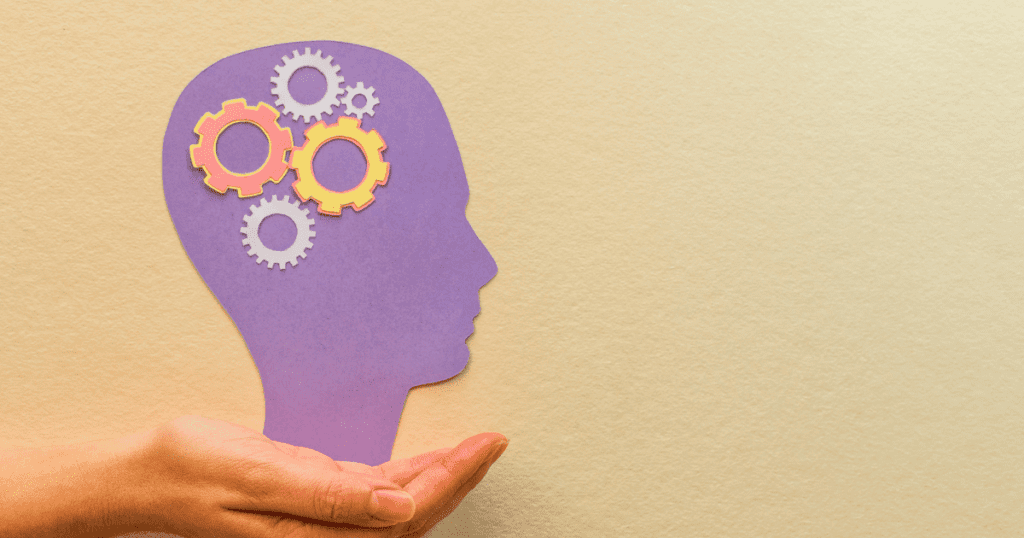
How is your child coping?
Encourage your child to open up to you, and be honest with them about how you are feeling as well, so that they understand that it’s okay to feel the way they do. Feelings of isolation, depression, anxiety, anger, and disappointment are common for all age groups, however, if these feelings affect your child’s ability to function, you will have to step in and provide support.
Younger children may not be able to voice their feelings, so watch out for deviations in their behavior and overall development. Be present for your children, and do not let them keep their feelings to themselves. Monitor their feelings and their coping mechanisms, so that you can help them avoid unhealthy coping methods.
How do you recognize signs of stress in your child?
Infants, toddlers and young children could show signs of stunted development or backward progress regarding their educational and developmental goals. Post lockdowns, and restrictions, these children may also exhibit other unhealthy behaviors like:
- Increased irritability and prolonged fussiness
- Sleep difficulties and changing sleep cycles
- Physical illnesses issues such as nausea and vomiting, loose motions or constipation, and stomach problems
- Separation anxiety
- Tantrums, biting, screaming, crying, bedwetting
- Unusually aggressive/physically violent behavior
Older children, adolescents and teens will show slightly different signs of distress with symptoms such as:
- Unusual mood changes, increased irritability, feelings of hopelessness/anger/resentment/unfairness, which can lead to frequent confrontations with family and friends
- Behavioral changes in the form of dropped relationships, loss of appetite, self-harm or suicidal tendencies
- Losing interest in activities they once enjoyed, or giving up on goals they were passionate about
- Severe difficulty with cognition – loss of memory, foggy brain/ negative thinking, or concentrating on harmful behaviors.
- Losing focus with regards to school activities and their overall education
- Lack of basic personal hygiene, trouble with self-care, loss of energy for simple activities
- Risky and harmful behaviors, such as drug or alcohol usage, violence against others or social media addictions
Dealing with the loss of a loved one to COVID-19
A large portion of the population lost someone near and dear to the Covid-19 pandemic. This sudden loss of someone special in your child’s life could lead to some serious mental health problems. It is extremely important to be there for your child and to help them find positive coping strategies. They can feel utterly helpless, with thoughts of how unfair life is, so it is imperative to make sure they have sufficient outlets for their grief for a longer period of time, until they are able to come to terms with the loss.
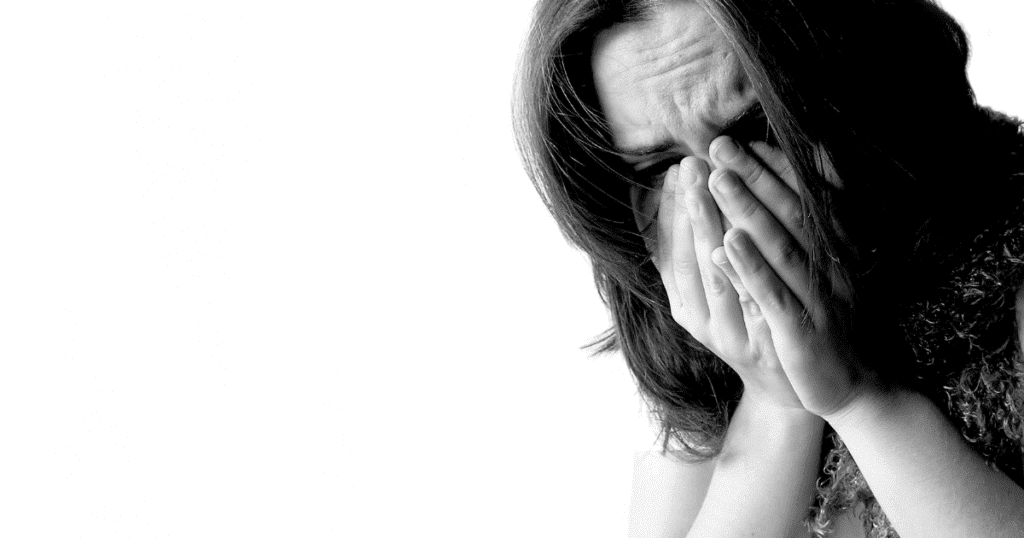

COVID-19 trauma recovery
Now that life has returned to some semblance of what it was before the pandemic, everyone is trying to cope with another ‘new normal’. However, it can be very hard for young children to reacclimatize to their new environments when they have been stuck at home for almost 2 years. Additionally, according to research, around 20% of people who contracted COVID-19 developed mental health issues. It is important to sit down and talk to your child every two weeks or once a month, so you can see how they are progressing, and if they are showing symptoms of additional mental health problems. Trauma recovery can be a grueling process, but the support of family and friends can be invaluable during the healing process.
Though the hardest part of the pandemic is seemingly behind us, there are a lot of aftershocks that can still be felt today. Make sure your child feels at ease within your home environment, and support their mental health needs as they reintegrate into their schools, activities and social circles. The best way to make sure that your child’s mental health needs are met is to monitor their behaviour, and consult a doctor if you notice any symptoms of mental health problems.


